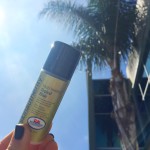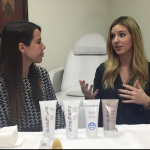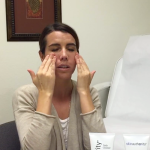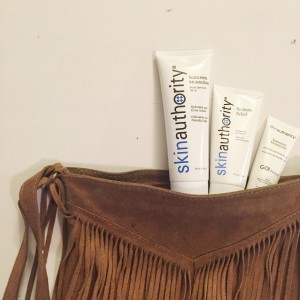
Read the full post on Beauty Xpose. Are you getting enough C? Vitamin C is one of the most vital nutrients. The benefits include those you are likely to have heard, including boosting immunity and overall health, but you may not know that C is super for skin. In fact, vitamin C serums should be a basic part of any skin care routine. Many people take vitamin C orally to boost immunity. That is smart, but less than 1% of the vitamins we ingest actually make their way to our skin. The skin needs C as well, so it is very important to apply it topically. Here are some things to keep in mind when shopping for and using a vitamin C Serum: Look for a vitamin C that is paired with an antioxidant blend. Vitamin C boosts the effectiveness of your sunscreen, and when it is combined with a powerful antioxidant mixture, it is ...















